Is Michael Jordan Right? Examining The "You Boo Him" Effect On Denny Hamlin
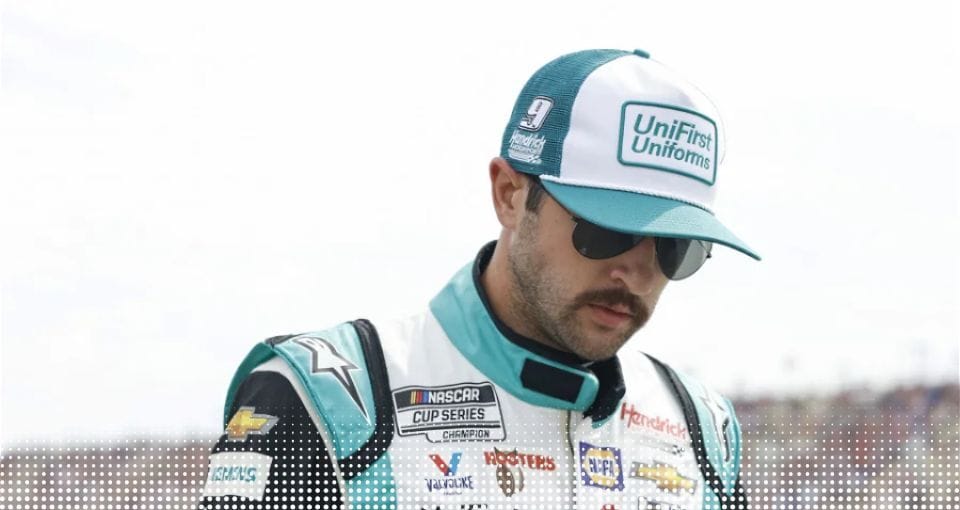
Table of Contents
The "You Boo Him" Phenomenon: Understanding the Psychology Behind It
The "you boo him" effect suggests that being booed by a significant portion of the audience can be a marker of success, notoriety, or at least significant impact. Michael Jordan's experience serves as a prime example; his dominance on the court often elicited intense reactions, including copious boos from opposing fans. However, the psychology behind the booing is complex and shouldn't be equated solely with admiration.
Does it always indicate success? Not necessarily. Sometimes, booing reflects frustration, envy, or even a perceived lack of sportsmanship. The media plays a significant role in amplifying these reactions, often focusing on controversial moments and fan responses, further contributing to the "you boo him" narrative.
- Examples of athletes who thrived despite (or because of) heavy criticism: Other athletes, like LeBron James or Cristiano Ronaldo, faced intense booing throughout their careers but have arguably thrived because of the attention (positive or negative) it brought.
- Psychological factors driving fan reactions: Fans might boo out of frustration with a perceived unfair advantage, intense rivalry, or simply because they represent a team the fan is against. Envy of an athlete's success can also be a major factor.
- The role of media in amplifying the "boo him" effect: Media coverage, both traditional and social, can significantly magnify the perception of booing, creating a narrative that may not accurately reflect the overall fan sentiment.
Denny Hamlin's Career and Controversies: A Case Study
Denny Hamlin, a prominent figure in NASCAR, boasts an impressive career filled with wins and championships. However, his on-track behavior has frequently ignited controversy and intense fan backlash. His aggressive driving style, sometimes bordering on reckless, has earned him both admiration for his competitiveness and criticism for his tactics.
- Specific races and events that generated negative fan reaction: Certain incidents, such as controversial late-race maneuvers or post-race comments, have led to significant booing and online criticism.
- Analysis of Hamlin's on-track behavior and its impact on public perception: Hamlin's driving style is undeniably a significant contributor to his controversial image. His willingness to take risks, sometimes at the expense of other drivers, fuels fan disapproval.
- Mention any public statements or actions by Hamlin that may have fueled the controversy: Hamlin's public responses to criticism have sometimes added fuel to the fire, reinforcing a perception of arrogance or dismissiveness among some fans.
Analyzing the Impact of the "Boo Him" Effect on Denny Hamlin's Career
Has the negative fan reaction significantly impacted Denny Hamlin's career? While it's difficult to definitively quantify the impact of booing, we can examine certain aspects:
- Statistical analysis of Hamlin's performance before and after major controversies: A closer look at his racing statistics might reveal whether controversies affected his performance on the track. It might even be argued that the pressure and scrutiny have pushed him to perform better.
- Discussion of potential impacts on sponsorships and endorsement deals: Sponsors are wary of controversy. While it's unlikely to completely derail his career, negative publicity might affect sponsorship deals, although his high profile could still draw significant attention.
- Assessment of Hamlin's long-term career trajectory in light of the public perception: His sustained success in NASCAR suggests that the booing hasn't severely hindered his career progression. His longevity is a strong testament to his skill and resilience.
Comparing Denny Hamlin to Other Athletes Facing Similar Backlash
Many high-profile athletes have faced intense negative fan reaction throughout their careers. Comparing Hamlin's experience to theirs offers valuable perspective:
- Examples of athletes from different sports with comparable experiences: Consider athletes like Tom Brady (NFL) or even Serena Williams (Tennis), whose achievements coexisted with significant criticism and booing from parts of their audiences.
- Comparison of the intensity and duration of the negative fan response: The intensity and longevity of the booing directed at Hamlin is comparable to many other high-profile athletes, indicating it's a common experience for those who achieve significant success.
- Analysis of how these athletes responded to the criticism and its effects on their careers: Studying the responses of these athletes to the criticism provides insights into the potential strategies for handling the "boo him" effect and the impact on their careers.
Conclusion: The Verdict on the "You Boo Him" Effect and Denny Hamlin
The evidence suggests a nuanced relationship between the "you boo him" effect and Denny Hamlin's career. While significant booing indicates a strong reaction from a segment of NASCAR fans, it hasn't demonstrably derailed his impressive career trajectory. Hamlin's sustained success suggests that the attention, even if negative, translates into significant visibility and maintains his status as a key figure in the sport. The psychology of fan reaction is complex, driven by factors beyond mere appreciation or dislike. It's a mixture of intense rivalry, frustration, and the media's role in amplifying negative sentiments.
Do you think Denny Hamlin's experience confirms or refutes the "you boo him" phenomenon? Share your thoughts and join the discussion! #DennyHamlin #NASCAR #YouBooHim #MichaelJordan

Featured Posts
-
 Us Stock Market Rally Driven By Tech Giants Tesla In The Lead
Apr 28, 2025
Us Stock Market Rally Driven By Tech Giants Tesla In The Lead
Apr 28, 2025 -
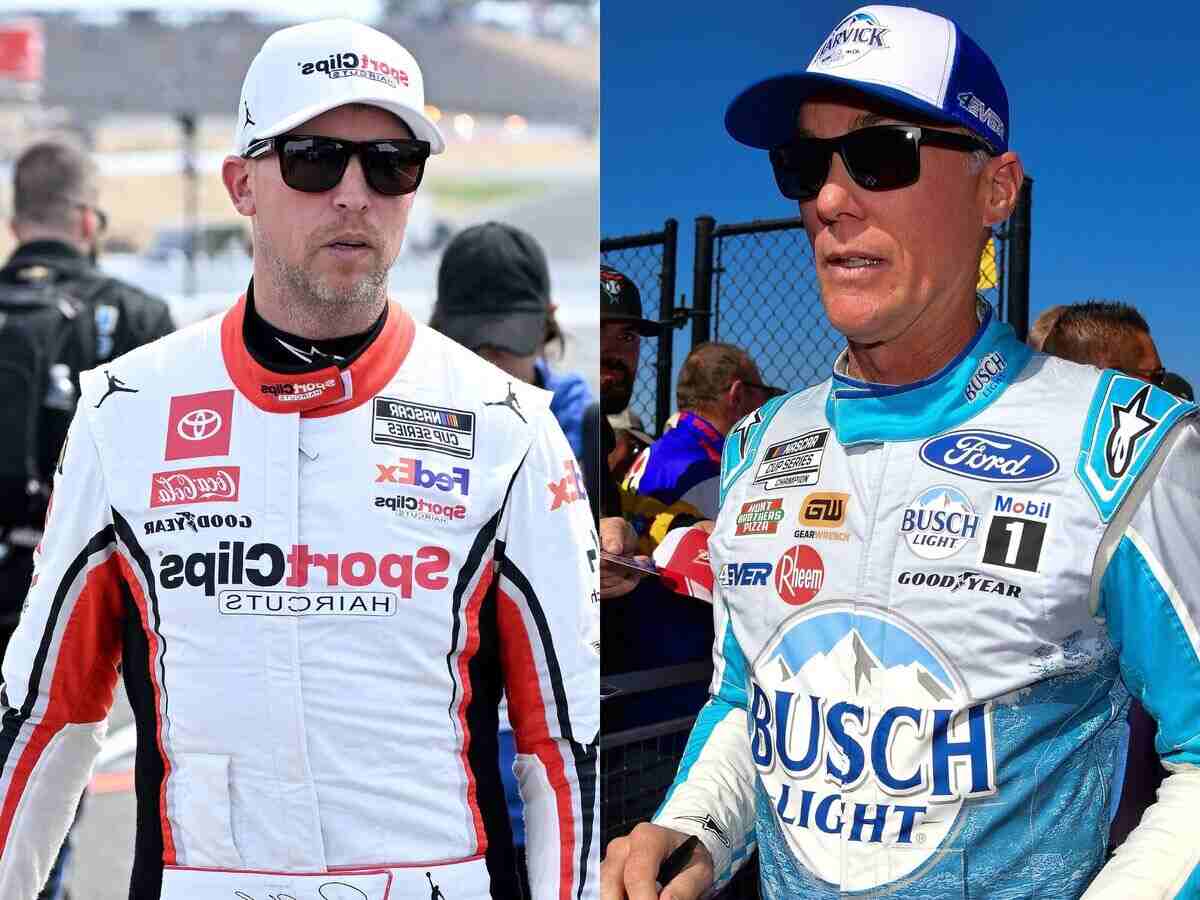 Martinsville Dry Spell Over Hamlin Secures Victory
Apr 28, 2025
Martinsville Dry Spell Over Hamlin Secures Victory
Apr 28, 2025 -
 Metro Vancouver Housing Market Slower Rent Growth But Costs Still Climbing
Apr 28, 2025
Metro Vancouver Housing Market Slower Rent Growth But Costs Still Climbing
Apr 28, 2025 -
 Contempt Of Parliament Yukon Politicians Confront Mine Manager
Apr 28, 2025
Contempt Of Parliament Yukon Politicians Confront Mine Manager
Apr 28, 2025 -
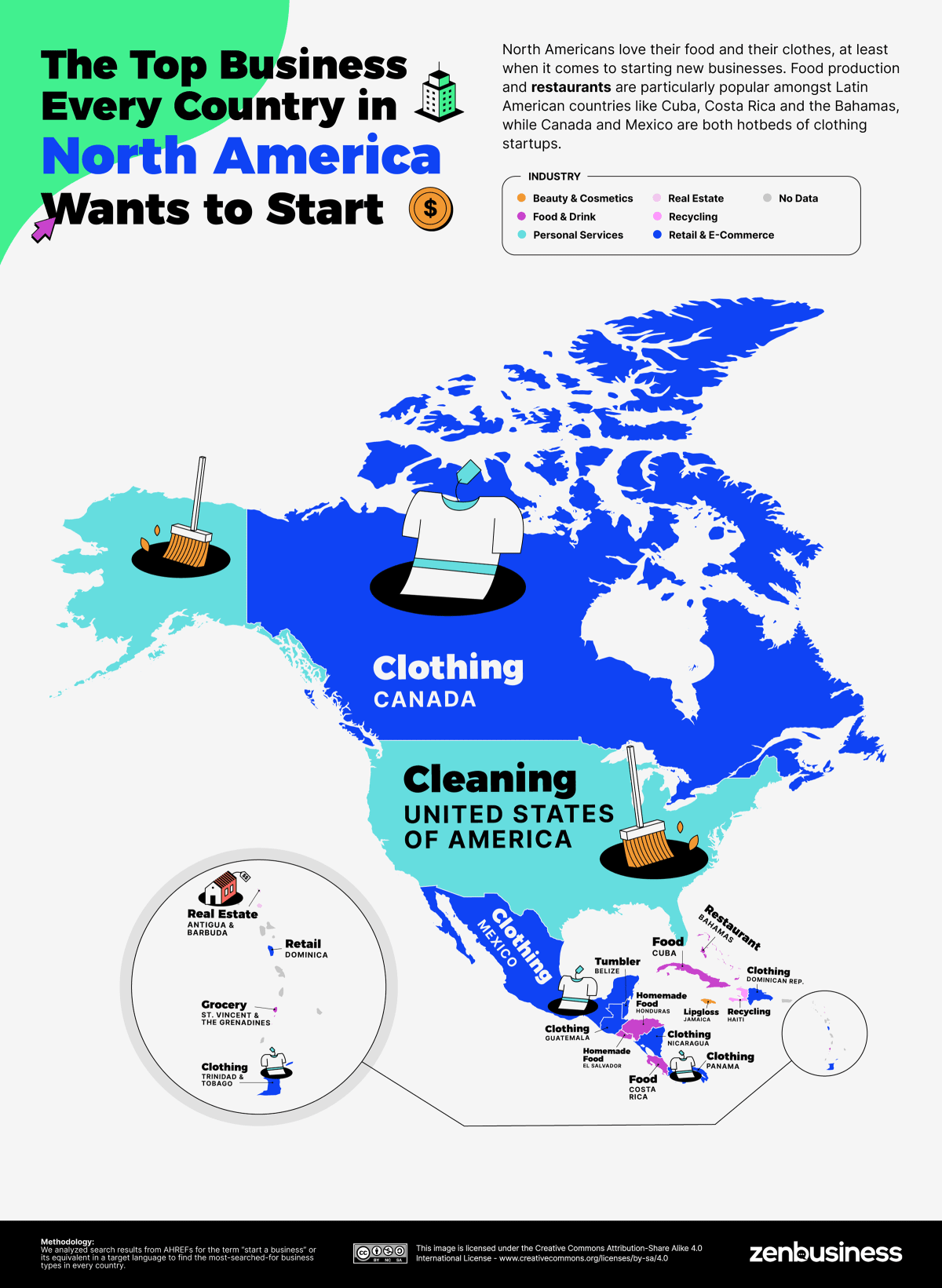 A Comprehensive Guide To The Countrys Top Business Locations
Apr 28, 2025
A Comprehensive Guide To The Countrys Top Business Locations
Apr 28, 2025
Latest Posts
-
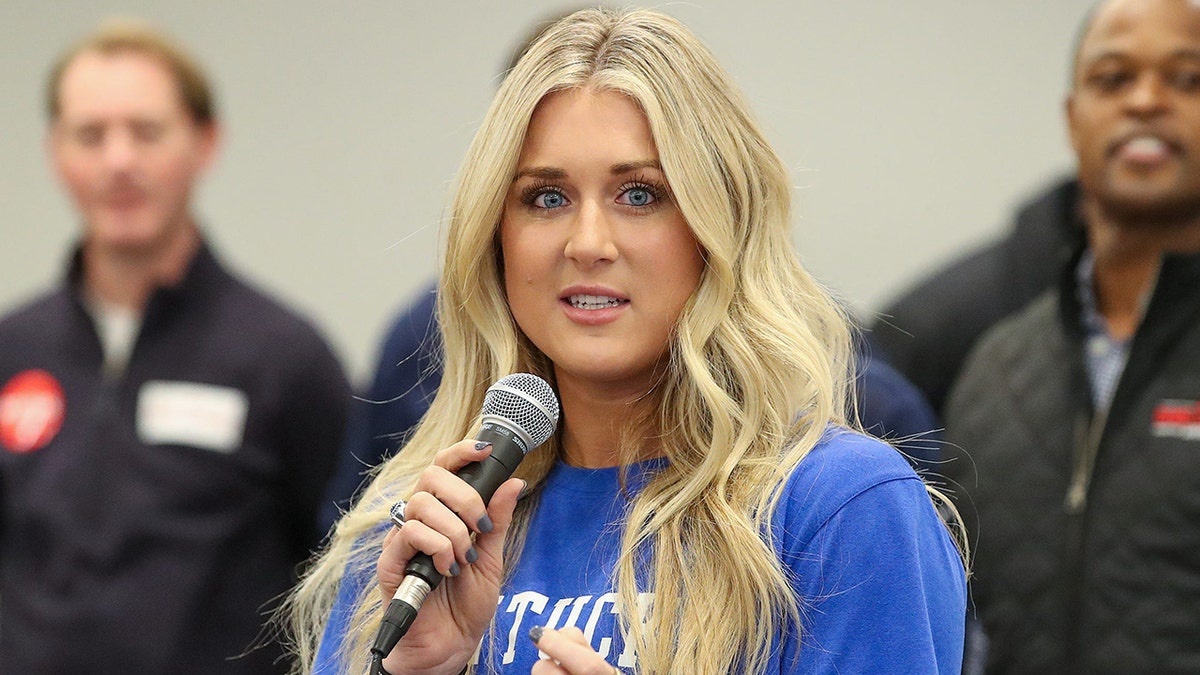 Trumps Transgender Athlete Ban Minnesota Under Federal Scrutiny
Apr 29, 2025
Trumps Transgender Athlete Ban Minnesota Under Federal Scrutiny
Apr 29, 2025 -
 Minnesota Faces Attorney General Pressure Over Transgender Athlete Ban
Apr 29, 2025
Minnesota Faces Attorney General Pressure Over Transgender Athlete Ban
Apr 29, 2025 -
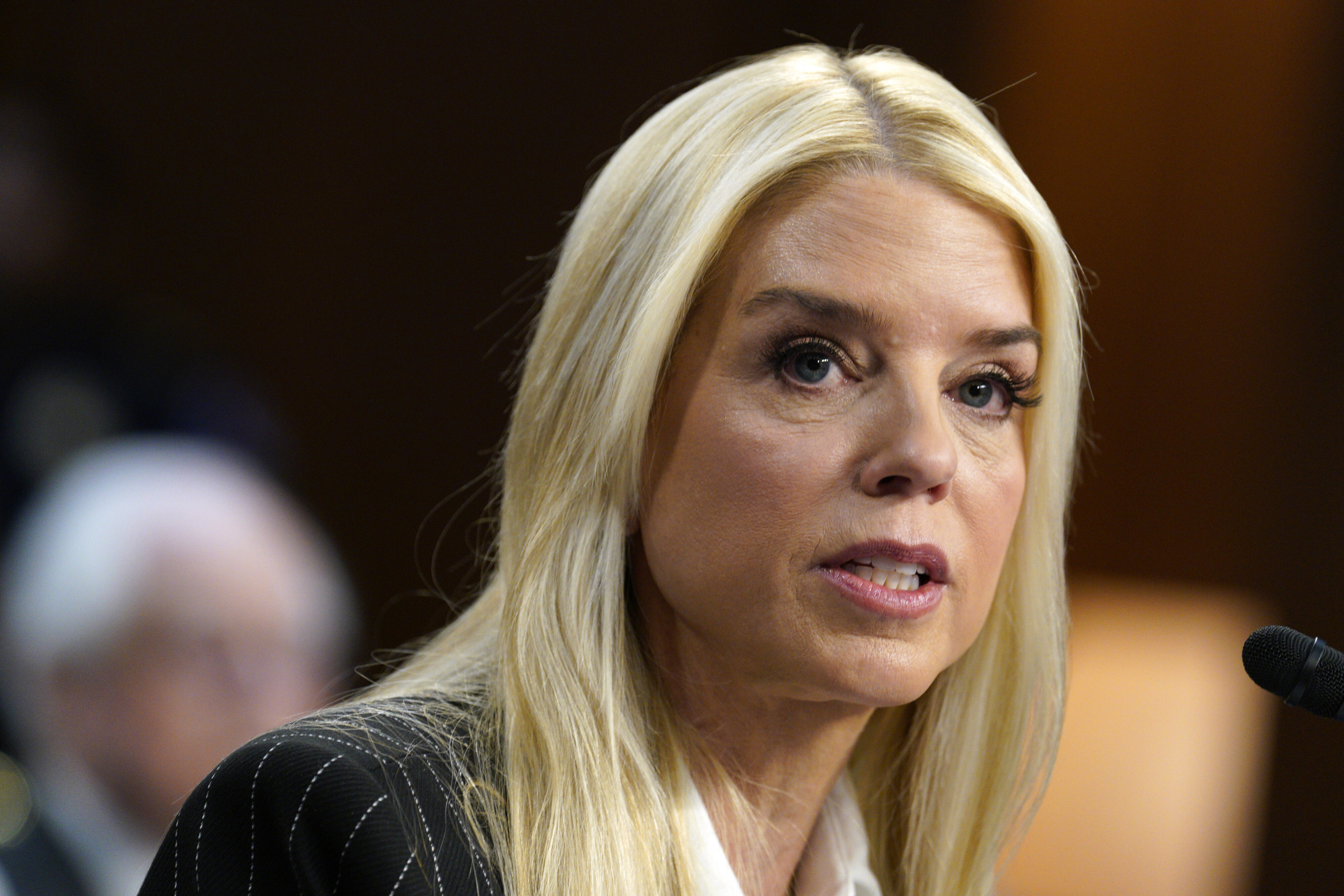 Us Attorney Generals Warning To Minnesota Compliance With Transgender Athlete Ban
Apr 29, 2025
Us Attorney Generals Warning To Minnesota Compliance With Transgender Athlete Ban
Apr 29, 2025 -
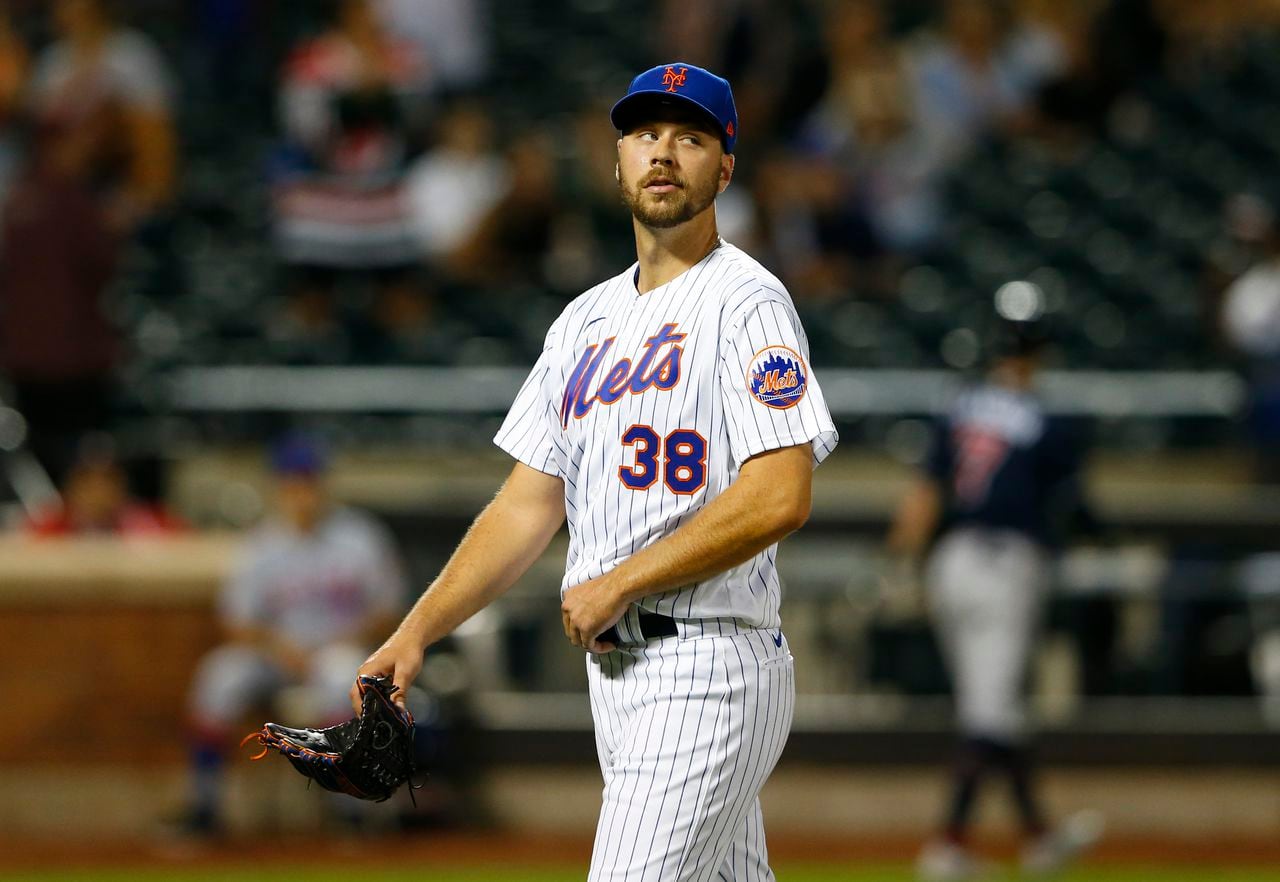 Tylor Megills Mets Success A Statistical And Strategic Overview
Apr 29, 2025
Tylor Megills Mets Success A Statistical And Strategic Overview
Apr 29, 2025 -
 The Tylor Megill Effect Impact And Analysis Of His Mets Performance
Apr 29, 2025
The Tylor Megill Effect Impact And Analysis Of His Mets Performance
Apr 29, 2025
